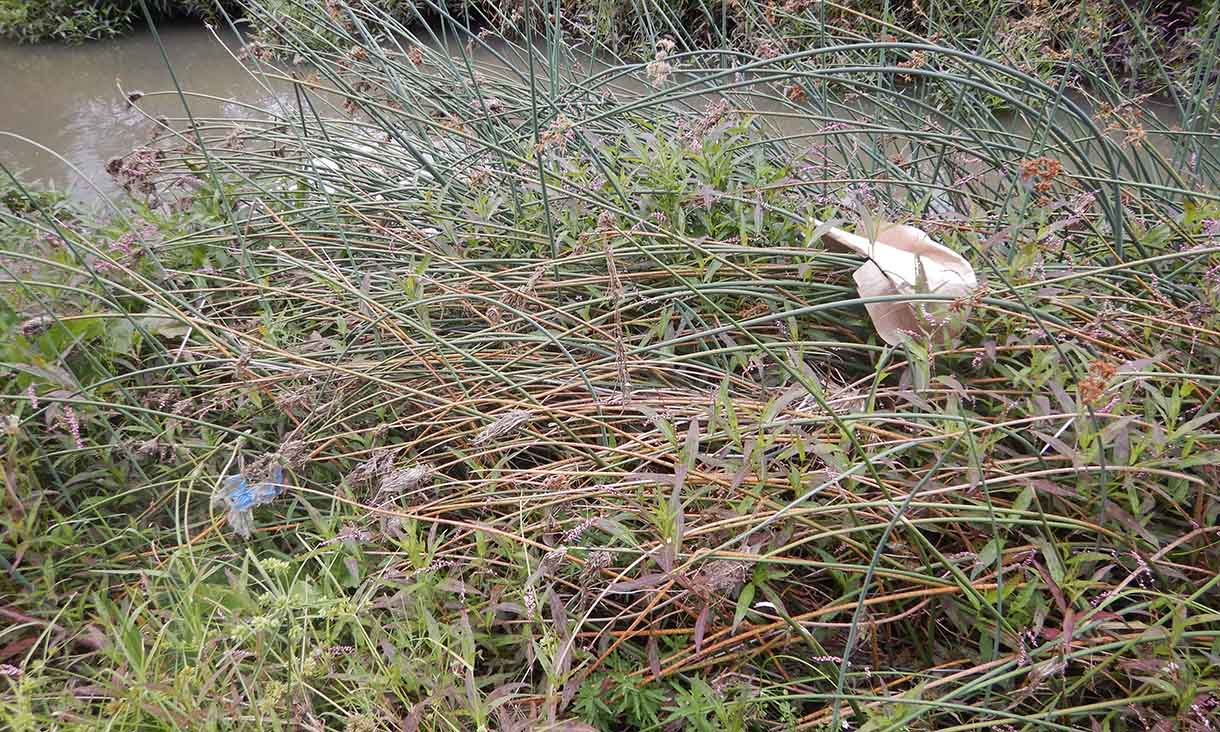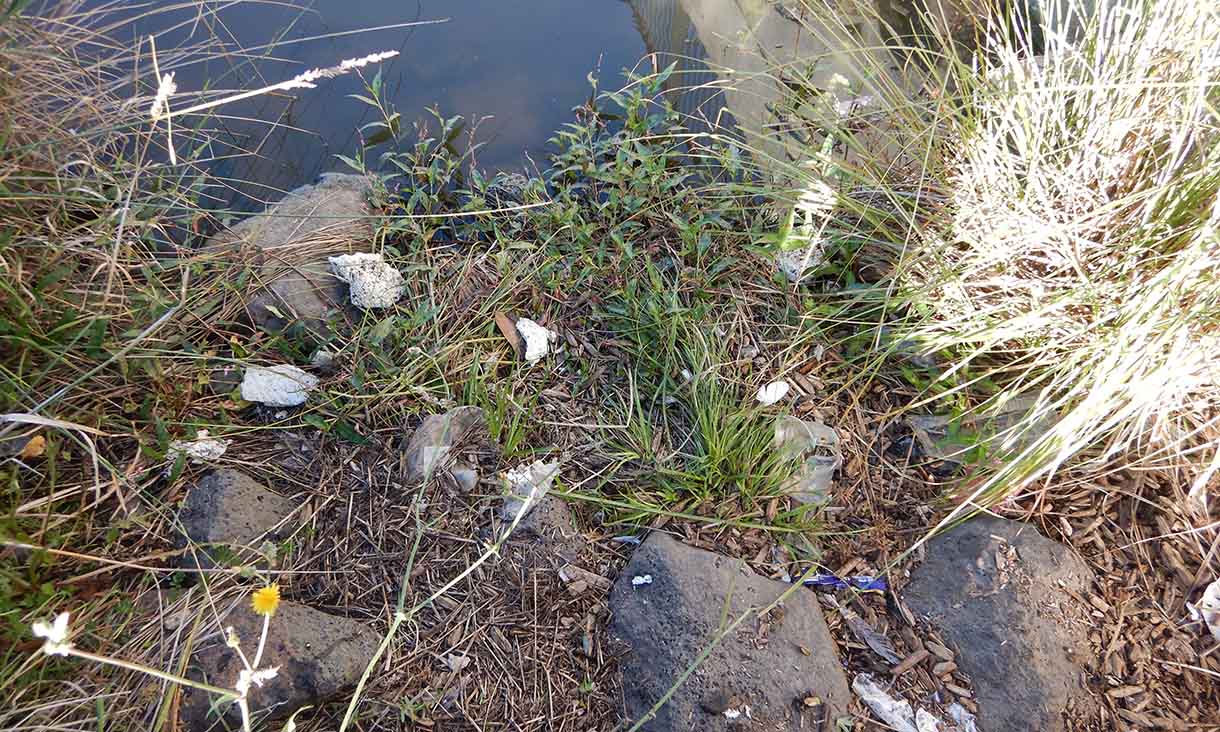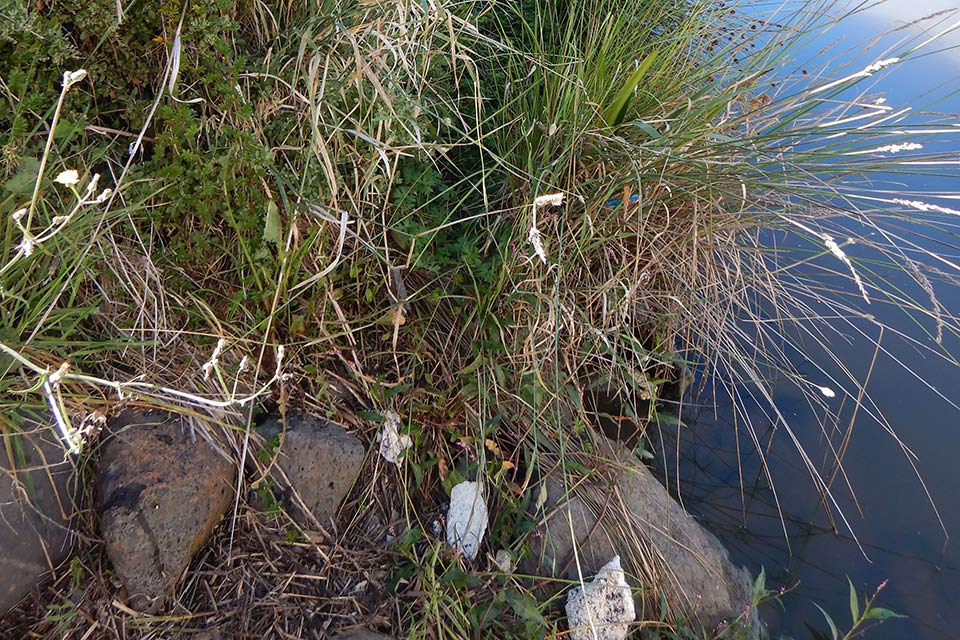Litter, litter everywhere! How do we best assess it?
Background
Litter is often the most visible pollutant in the environment and there is a growing awareness of the prevalence and magnitude of litter and the associated environmental, social and economic costs. This is paralleled by an increase in the number and scope of litter monitoring programs. The objectives of these programs are quite diverse with organisations variously targeting increased public awareness, better understanding of the risks and impacts of litter, and of litter sources and sinks to support improved management and cleaner waterways and bays. The variety in purposes is matched by a diversity in operational structures of monitoring programs. These different approaches have led to inconsistent data across regions or time-scales, limiting the ability for comparisons across studies. Standardised guidelines for litter monitoring and assessment in waterways and on beaches are needed to enable comprehensive analyses of the nature and sources of litter, how these vary spatially and temporally and in response to different management interventions.
Approach
This project aims to:
- Through stakeholder workshops, identify the purposes for litter monitoring and assessment in waterways and bays throughout the greater Melbourne region
- Undertake a review of current litter monitoring and assessment methods for aquatic environments
- Conduct field trials to compare the efficiency and effectiveness of candidate waterway litter monitoring methods
- Develop standardised guidelines for conducting litter assessments to support Melbourne Water (MW) activities to manage litter along waterways.


Outputs
- A litter workshop involving a broad range of stakeholders was held in 2019 to identify current litter monitoring programs and purposes for collecting litter information. Report available.
- A literature review of litter monitoring program questions and methods.
- Litter survey methods in waterways for Melbourne Waters’ litter monitoring and assessment purposes were developed for stream banks and stormwater drains and trialled in the Stony Creek catchment.
- Condition metrics were development for the HWS and base line data was collected across limited Melbourne Water catchments.
- See Download 2022 results summary or access this HWS midterm review summary via: https://healthywaterways.com.au/resources/documents for details
Expected Outcomes
- Management tools and a framework to assist MW in meeting Healthy Waterway Strategy objectives to effectively assess volumes and sources of litter, and manage the impacts of litter on waterways
- Improve the amenity, community connection and recreational value of waterways and wetlands
- Propose a standardised method for litter data collection that facilitates effective storage and reporting of litter data between stakeholders across the greater Melbourne region

Litter Survey Methods for Stream banks
These Litter Survey Methods have been designed to provide comparable litter survey data across sites and catchments to enable prioritisation of litter management actions. Protocol uses litter categories compatible with the DEECA LitterWatch Victoria database.
While created for Melbourne Water, these methods are available for all, to allow data comparability across organisations and community groups.
An instructional video and both Quantitative and Qualitative survey methods are available.
Completed 2023
Contact: jackie.myers@rmit.edu.au or sara.long@rmit.edu.au


